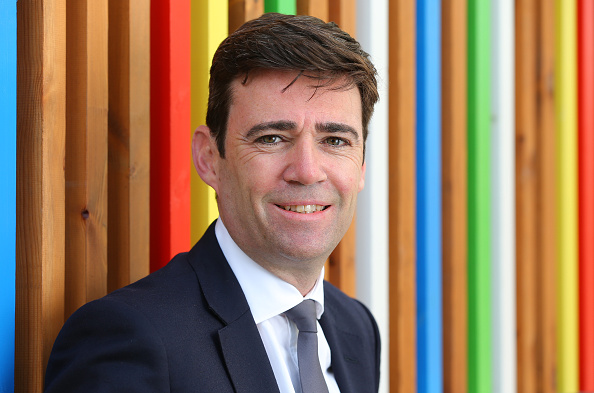Another election that catches my business eye is the one for mayor of Greater Manchester. The winner will have a powerbase with huge potential: a city-region of 2.7 million people, an enterprise culture that has evolved over two centuries, an outstanding university science base, strong flows of inward investment, Europe’s largest industrial estate at Trafford Park, a global sports brand at Old Trafford, and a world-class airport. Yes, it also has problems of ‘entrenched worklessness’, NHS overstretch and underperforming schools — and nine of its ten local authorities are Labour-controlled. But that’s no reason to award the mayor’s job to yet another socialist opportunist.
I refer of course to Liverpool-born two-time leadership loser Andy Burnham, who is standing down as an MP in the expectation of mayoral victory on 4 May. Who am I to argue with the New Statesman when it says Burnham is ‘widely seen as an unprincipled flip-flopper’; but what’s more important is that he can claim no working relationship with Theresa May, has only lately paid lip-service to city-region devolution and the Northern Powerhouse, and has never in his life had anything to do with enterprise.
Now that George Osborne has gone, the Manchester-centred Powerhouse needs a new champion who is trusted by local business leaders and has access to Downing Street. Burnham is more likely to be left sulking in his fastness, particularly if the Tories win the West Midlands mayoralty (where their candidate is former John Lewis boss Andy Street) and shower it with investment as a reward.
Manchester’s Conservative candidate Sean Anstee (council leader in the conurbation’s sole Tory borough, Trafford) is already a respected and well-networked player in the devolution project. The odds are against him but they ought to be narrowing: voters would be wise to pick mayors who favour prosperity and connect to power, not carpetbagging has-beens.
This is an extract from Martin Vander Weyer’s ‘Any Other Business’, which appears in this week’s Spectator







Comments